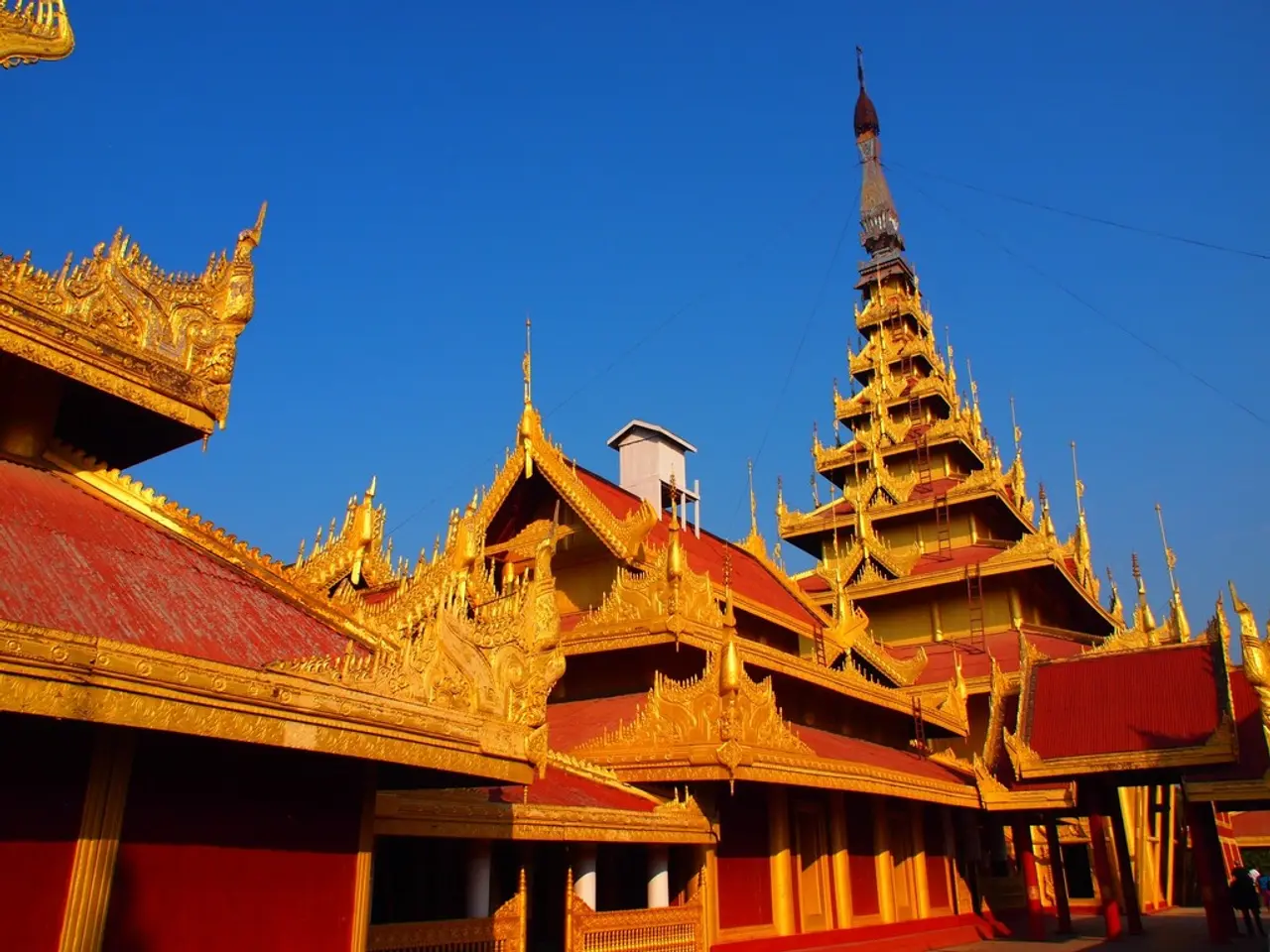Political Unrest Brewing in India's Northeast: Escalating Insurgency Puts Region in Potential Danger
The northeastern states of India, connected by the narrow Siliguri corridor, have been grappling with insurgencies for several decades. These conflicts, marked by the presence of multiple splinter factions, have been particularly intense in Manipur, Nagaland, Assam, Mizoram, and Tripura.
Recent events have further complicated the situation. In November 2021, an Indian paramilitary convoy was ambushed in Manipur, resulting in the death of a colonel and his entourage. This incident set back counterinsurgency efforts in Nagaland by several years, according to the retired commandant of the Counter-insurgency and Jungle Warfare School.
The Naga resistance, one of the most virulent insurgencies, is hindered not only by the existence of over a dozen splinter factions but also by the alleged support these groups receive from foreign entities. Reports suggest that multiple northeastern groups have received training and weapons from China.
One such group is the Arakan Army (AA), a Myanmar-based militia accused of serving as Chinese proxies and providing weapons and shelter to northeastern rebels. While direct Chinese support to the Arakan Army itself is not explicitly confirmed, it is known that China holds Myanmar's United Wa State Party (UWSP) responsible for providing military and economic aid to armed groups in northern Shan State.
The AA, founded in 2009 with reported assistance from the Kachin Independence Army, has been accused of attacking Indian-sponsored development projects while sparing Belt and Road Initiative projects connecting western China to the Indian Ocean. In December 2021, an ambush by Indian security forces in Nagaland resulted in the death of eight miners and six civilians.
The northeastern states have also been marred by internal conflicts. Fights over ethnic and regional power are common, and the region suffers from lack of development, crime, corruption, and racism. The ruling Bharatiya Janata Party (BJP) has been accused of disaffecting the region's minorities through religious discrimination.
Despite these challenges, India has made strides in co-opting many guerrilla movements in the northeastern states over the past several decades. The government is currently engaged in peace talks to end its longest-running rebellion in Nagaland, which has been ongoing since 1953.
However, the situation remains volatile. Massive rallies, demonstrations, and business closures erupted across the state following the December 2021 ambush. Angry crowds even attacked an army camp, resulting in the death of at least one soldier and one civilian.
As the region navigates these complex issues, the role of external actors, particularly China, remains a significant concern. Some journalists in the region claim that China is the major sponsor of the Arakanese group, adding another layer of complexity to India's efforts to maintain peace and stability in its northeastern states.
Read also:
- ICE directed to enhance detention conditions following NYC immigrants' allegations of maltreatment
- Israeli finance minister issues warnings about potential annexation of West Bank territories
- United States faces rebuttal from South Africa over allegedly deceitful human rights report and assertions of land expropriation
- Accident at Rodalben Results in Injuries; Geoskop Area near Kusel Affected After Stormy Weather








